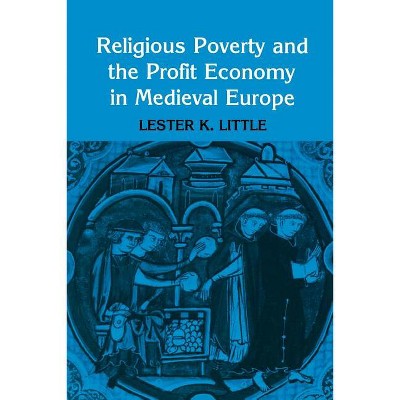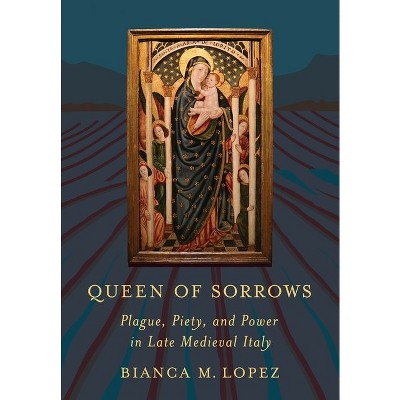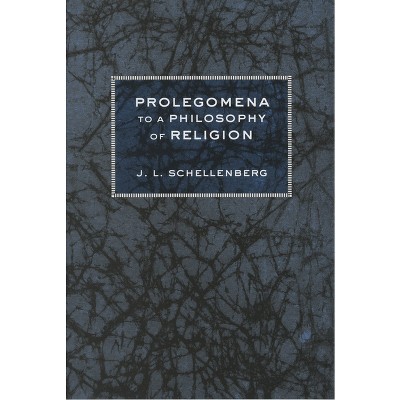Sponsored

The Consumption of Justice - (Conjunctions of Religion and Power in the Medieval Past) by Daniel Lord Smail (Paperback)
In Stock
Sponsored
About this item
Highlights
- In the thirteenth and fourteenth centuries, the ideas and practices of justice in Europe underwent significant change as procedures were transformed and criminal and civil caseloads grew apace.
- About the Author: Daniel Lord Smail is Professor of History at Harvard University.
- 296 Pages
- History, Europe
- Series Name: Conjunctions of Religion and Power in the Medieval Past
Description
About the Book
Drawing on the rich judicial records of Marseille from the years 1264 to 1423, especially records of civil litigation, this book approaches the courts of law from the perspective of the users of the courts.
Book Synopsis
In the thirteenth and fourteenth centuries, the ideas and practices of justice in Europe underwent significant change as procedures were transformed and criminal and civil caseloads grew apace. Drawing on the rich judicial records of Marseille from the years 1264 to 1423, especially records of civil litigation, this book approaches the courts of law from the perspective of the users of the courts (the consumers of justice) and explains why men and women chose to invest resources in the law.Daniel Lord Smail shows that the courts were quickly adopted as a public stage on which litigants could take revenge on their enemies. Even as the new legal system served the interest of royal or communal authority, it also provided the consumers of justice with a way to broadcast their hatreds and social sanctions to a wider audience and negotiate their own community standing in the process. The emotions that had driven bloodfeuds and other forms of customary vengeance thus never went away, and instead were fully incorporated into the new procedures.
Review Quotes
Based on a thorough and perceptive reading of the extensive legal records of fourteenth-century Marseille, the author has constructed a detailed and informative analysis of the operation of the courts and their social context.
--Daniel M. Klerman "Law and History Review"Smail is acutely aware of the value of narratives and uses them with consummate skill. He has a remarkable capacity to piece together the membra disiecta of medieval court protocols into a coherent and captivating story with analytic meaning. The recreation of several such stories, cheek by jowl, brings to life the litigious and rowdy late medieval city in a manner closely resembling micro-historical studies.... It is important for anybody studying the social and cultural uses of courts, for all students of emotions, and for all those interested in reading a well-researched, well-written, and fascinating piece of historical writing.
--Esther Cohen "H-France Review"Smail meticulously examines people's reasons for going to court in late medieval Marseilles in this study of litigants, the 'consumers' implied by the book's title. This is legal history of a highly original kind, calling into question several conventional assumptions about the relationship between public authority and private interests.... This lively, learned, and well-written book brings the law and litigants to life, as do few others.... Highly recommended.
-- "Choice"About the Author
Daniel Lord Smail is Professor of History at Harvard University. He is the author of Imaginary Cartographies: Possession and Identity in Late Medieval Marseille and coeditor, with Thelma Fenster, of Fama: The Politics of Talk and Reputation in Medieval Europe, both from Cornell.







